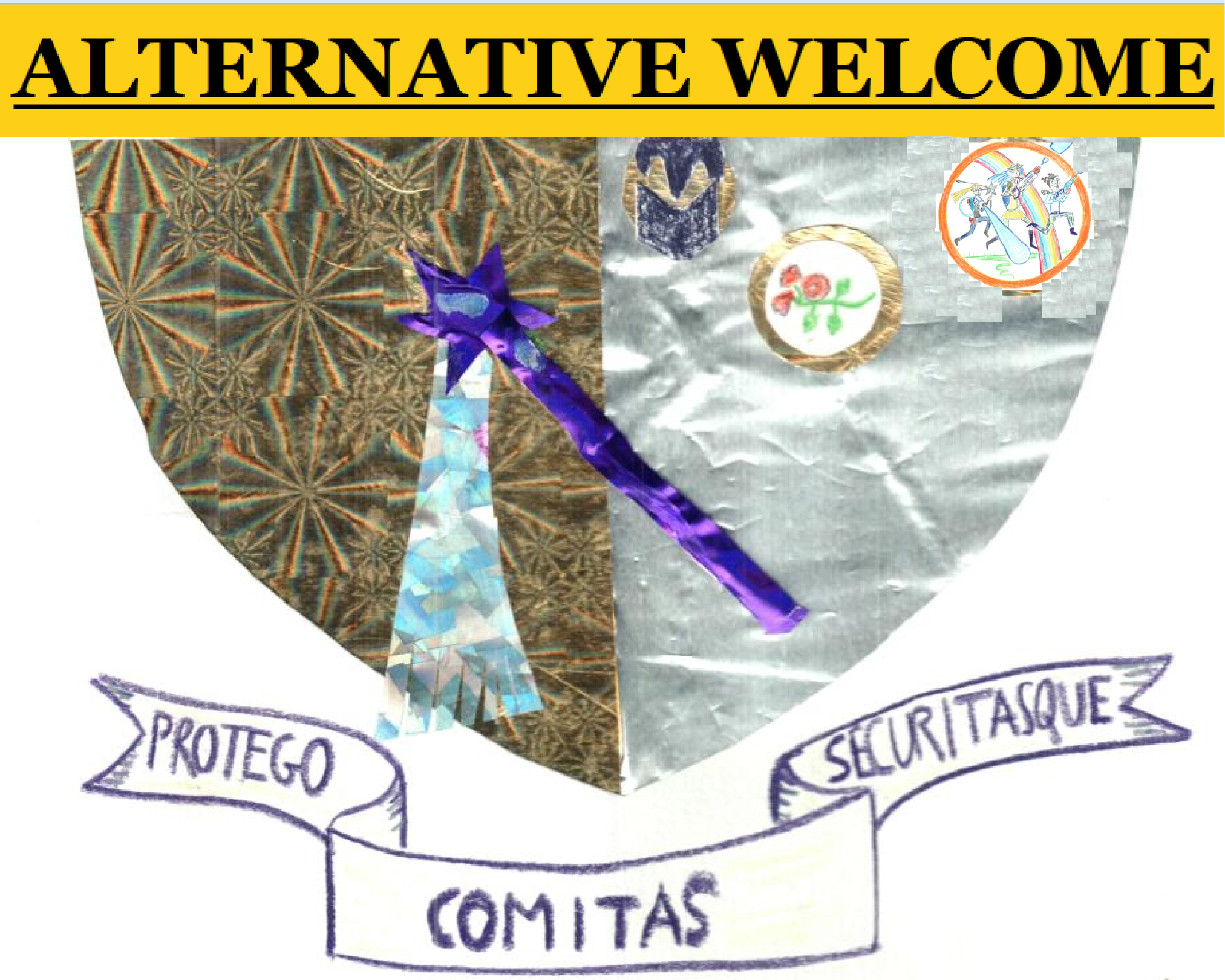 DEALING WITH SURVIVORS. I.
DEALING WITH SURVIVORS. I.

 DEALING WITH SURVIVORS. I.
DEALING WITH SURVIVORS. I.

A lot has been written about this around Cambridge over the past few months. Our Safer Space people have been dealing with such issues for many years now, and here is our brief take on this matter.
1) With all due respect, it is not OK to call all those who have been sexually assaulted, raped etc 'victims'. This is because many such consider that this word further leaves them in a trapped, shamed state and further enpowers their abusers. Many such consider these connotations not to apply if they are referred to, rather, as Survivors .
2) It is never OK to pressure any other Survivor into identifying as a Survivor, coming forward with testimony, or doing anything else. You might, rather, welcome those who really feel they can do these things, whilst stating, and meaning, that you entirely sympathize with those who can't.
3) Many Survivors would like to have support and heal, rather than responding by wishing to revenge themselves, or by elsewise risking conflict or further abuse.
4) It is never OK to presume that those who don't speak out can't find other means of doing things to make the world a better place in this regard. Ourselves, we've been building and running refuges thoughtful to the accommodation of Survivors of abuse for many years. That's far from doing nothing. Non-activists who have been abused also have the right to support, understanding and healing. We understand that some people respond activistically, kindly understand however that some other people respond totally non-activistically.
5) It is never OK to give instructions to Survivors that state, imply or suggest there are no alternatives to those instructions.
6) It is not OK to presume all Survivors are women, including by giving genderless instructions that in fact only apply to women. E.g. many rape support lines/centres/shelters are women-only, so don't give those as being, implicitly, for all Survivors. To mark this, we complement the usual helplines listed with four male-specific or non gender specific helplines below, that have not, as far as we know, been given elsewhere in Cambridge over the past few months...
For men who have been raped: Male Rape Support Association: 0793 289 8274. Or 01223 314 438 (that's one of Choice's lines, with 01223 467 897 being the female counterpart).
For men trapped in abusive relationships: Men's Advice Line: 0808 801 0327 .
Because being a Male Survivor carries a different set of stigmas, one cannot be sure whether more than the sometimes-found 10 percent of survivors are male. But even 10 percent is a lot, so show some inclusiveness and consideration. We understand that some people want to be in, run, female-only spaces to deal with their Survivor issues. That should not, however, preclude others from running ungendered services for those who choose, need, or want ungendered services. As well as services that actually have any place for Survivors who are men, also bear in mind that some survivors are Trans*. This implies, for instance, that some 'Male' Survivors are actually Closet-Trans* Female Survivors.
If that's you, or you are an LGBT* person under other such greatly adverse circumstances, here is Broken Rainbow National LGBT Domestic Violence Helpline (Mon & Thurs 10am to 8pm Tues & Wed 10am to 5pm Tues 1pm - 5pm, specialist Trans Workers also available) 0300 999 54 28, or contact help@broken-rainbow.org.uk .
Anyone who's out of helplines they find both approachable and helpful can contact altwelcome-general *at* srcf.net . If needs be, you can do so from an anonymous email address or via a trusted intermediary. We are not only good at finding helplines, but also at listening to whatever complete or partial information you care to give as to which properties make a helpline or other welfare conduit unapproachable to you. All of this cn be done without you stating any detail of the problem and without us making any assumptions as to whether it's for you or for a friend.
7) It is not OK for a survey, helpline, support group to self-categorize which abuses are 'serious' and which are not. In this regard, it is the Survivor's opinion that is paramount. This is from the perspective of the Survivor seeking support, not from the point of view of an individual seeking to impose themself or revenge themself upon another. In the latter case, doing do for some `minor or imagined slight' would be an objection, in the former case it never is an objection that they can't say, won't say or say things that don't fit your preconceptions about what is 'serious'.
8) This list is not complete. This webpage and its sequels are never more than a changeable draft. Maybe such a list cannot ever be made complete due to the complexity of the issues involved. (Anonymous people, stigmas, terrible things happening that nobody knows about, complications due to intersection with minority and alternative lifestyle issues, things which depend country by country as regards public perceptions, police practises and laws in each country, and how all of these are things that can be improved so as to deal more awarely and fairly with such issues.) We will never presume we know everything about this issue, and are open to anykind of non-abusive feedback on the matter to learn ever more about it. We politely suggest that others dealing with this matter don't think they're omniscient either, and not ever abuse anybody offering further feedback on the matter.